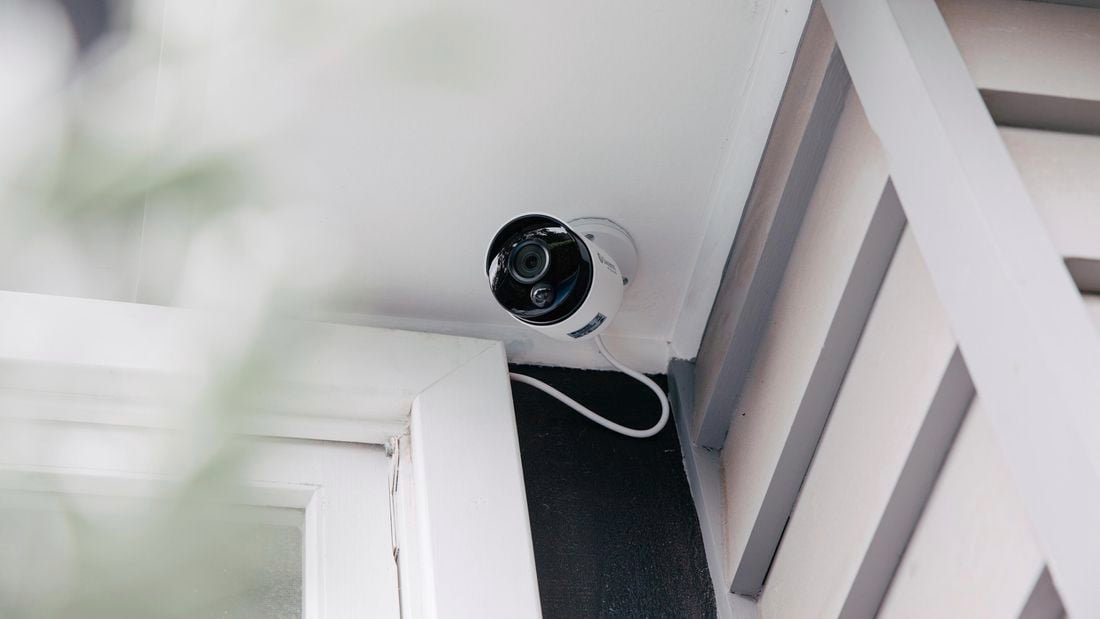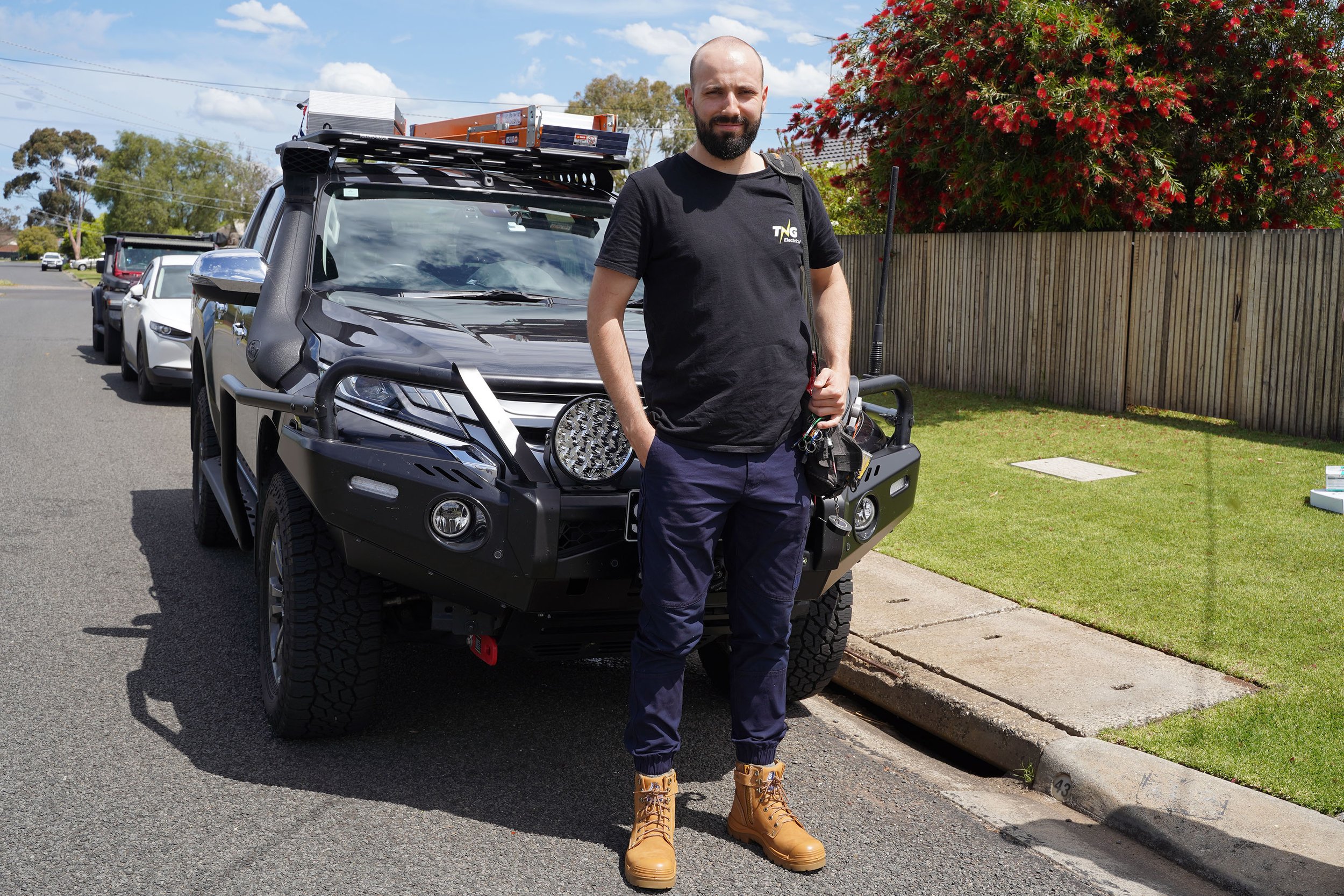
Security Camera Installation Melbourne
Are you thinking about some extra security?
Want to add a layer of protection without making your home or business feel like a fortress? Security cameras are an excellent solution, providing a discreet but effective shield to enhance safety. However, it's important to note that they can also raise privacy concerns and may require additional maintenance.
If you're considering installing security cameras, here’s a simple guide to ensure you get the most out of your system and feel confident in your security measures.
How Many Security Cameras Do I Need?
The number of security cameras you’ll need depends on the size of your property and the level of coverage you're seeking. It’s generally better to err on the side of having a few extra cameras to ensure that no blind spots are left uncovered. For comprehensive coverage, aim to monitor all crucial areas. Remember, the presence of these cameras can act as a deterrent to potential intruders, making your property safer and more secure.
Tips for Deciding the Number of Cameras
Small to Medium Homes: Four to six cameras might be sufficient to cover the main entry points, key outdoor areas such as the backyard, side gates, and the perimeter, and the most vulnerable areas of your property.
Larger Homes or Commercial Properties: You may need eight or more cameras to cover multiple rooms, entrances, and large outdoor spaces.
Where Should I Place My Security Cameras?
Proper placement is key to making sure your security system is effective. By understanding the best spots to place your cameras, you can maximize their effectiveness and ensure your property is well-protected.
Entrances and Exits: Install cameras at all main entry points, such as front and back doors, garage doors, and any side entrances. This ensures you capture any activity coming in or out of your property.
Driveways and Parking Areas: Monitor areas like your driveway, garage, and parking spaces to capture activity around your vehicles and any suspicious movements.
Backyards and Side Gates: If your property has a backyard, place a camera in that area, especially if you have gates or fences that could be potential entry points.
Common Areas Inside Your Home or Business: To monitor the inside of your property, consider installing cameras in high-traffic areas such as living rooms, hallways, or lobbies. This can help you keep an eye on your valuables and ensure the safety of your family or employees.
Exterior Walls and Fences: Position cameras to monitor the perimeter of your property, especially if you have a large yard or garden. Look for areas where an intruder could attempt to climb over or bypass barriers.
Areas to Avoid for Camera Installation
While security cameras are effective for monitoring your property, certain locations may not be ideal for optimal performance. Here are areas to consider avoiding:
Directly Facing Windows: Cameras placed facing windows can suffer from glare, reflections, and light exposure, which can distort the footage. It's best to angle your cameras to avoid direct sunlight or artificial light reflections.
High-Traffic Zones: Cameras installed in busy areas with excessive foot or vehicle traffic can pick up too much motion, leading to false alarms. For example, hallways or rooms where people frequently pass by might overwhelm your system with unnecessary footage.
Private Areas: Be mindful of privacy when placing cameras. Areas like bathrooms, bedrooms, and changing rooms should never be monitored by cameras, as it’s important to respect the privacy of those using the space.
How to Maintain Your Security Cameras
To ensure your cameras stay in good working condition and continue to provide reliable security coverage, follow these maintenance tips:
Regular Testing: Periodically check that all cameras are functioning properly. Test the footage to make sure the cameras are capturing clear, high-quality images and adjust angles if necessary.
Clean Lenses: Dust and dirt can build up on the camera lens over time, reducing image clarity. Use a soft, lint-free cloth to gently wipe down the lens and maintain optimal visibility.
Inspect Wiring: Regularly inspect the wiring for any signs of wear, fraying, or damage. Loose or damaged wiring could disrupt the camera’s function, so it's crucial to ensure all connections are secure.
Get Your Security Camera System Installed Today!
At TNG Electrical, we are committed to providing professional, high-quality security camera installations. We ensure that your system is perfectly suited to your property’s needs, while maintaining clear communication throughout the process. We explain everything upfront, from the purpose of the work to the cost, so there are no surprises.
Ready to enhance your security? Call us at 0405 524 788 or click the button below to book your quote today!
Here to help you
Our team is ready to help you. Get a quote for your electrical installation needs today!








